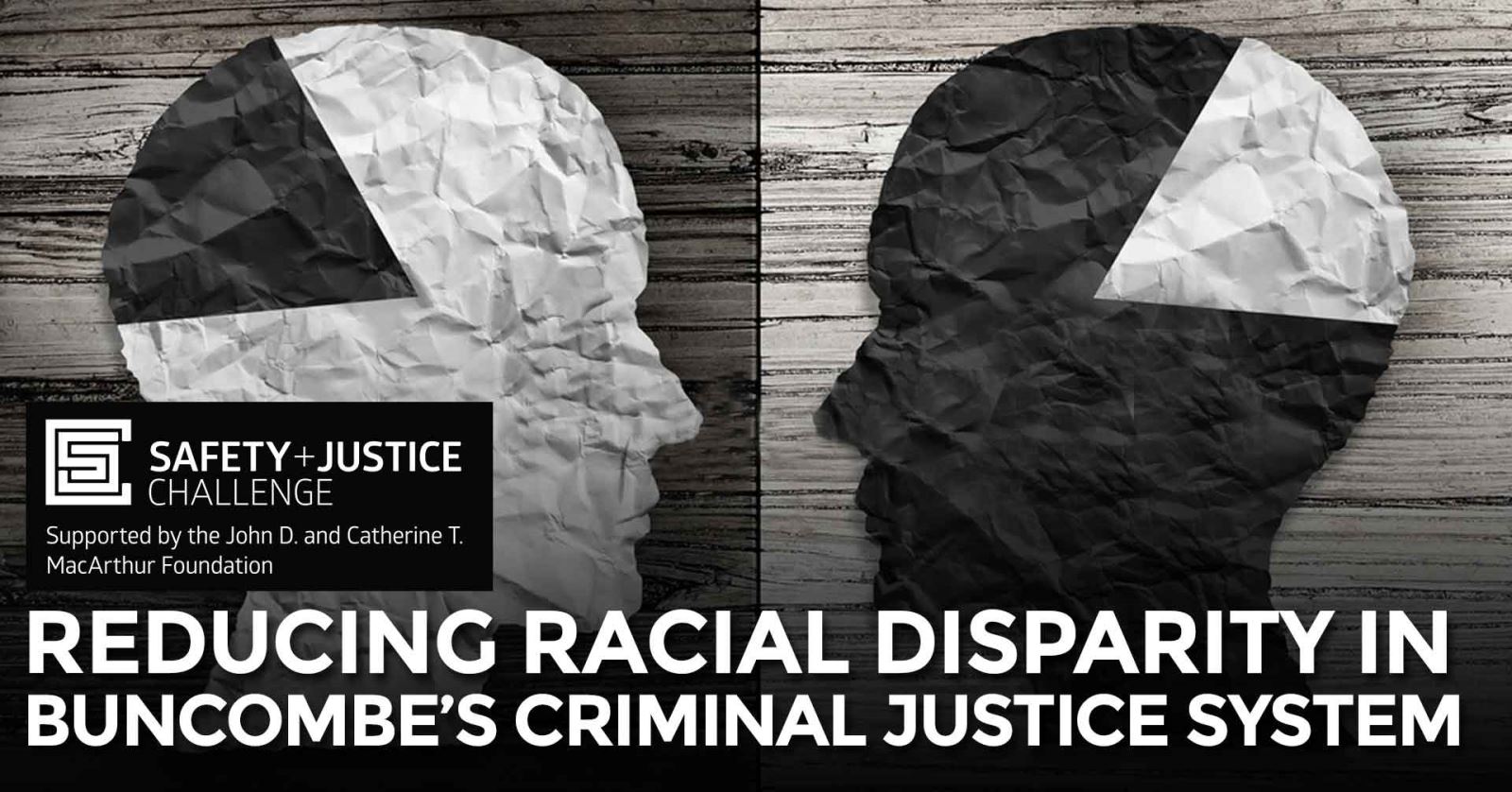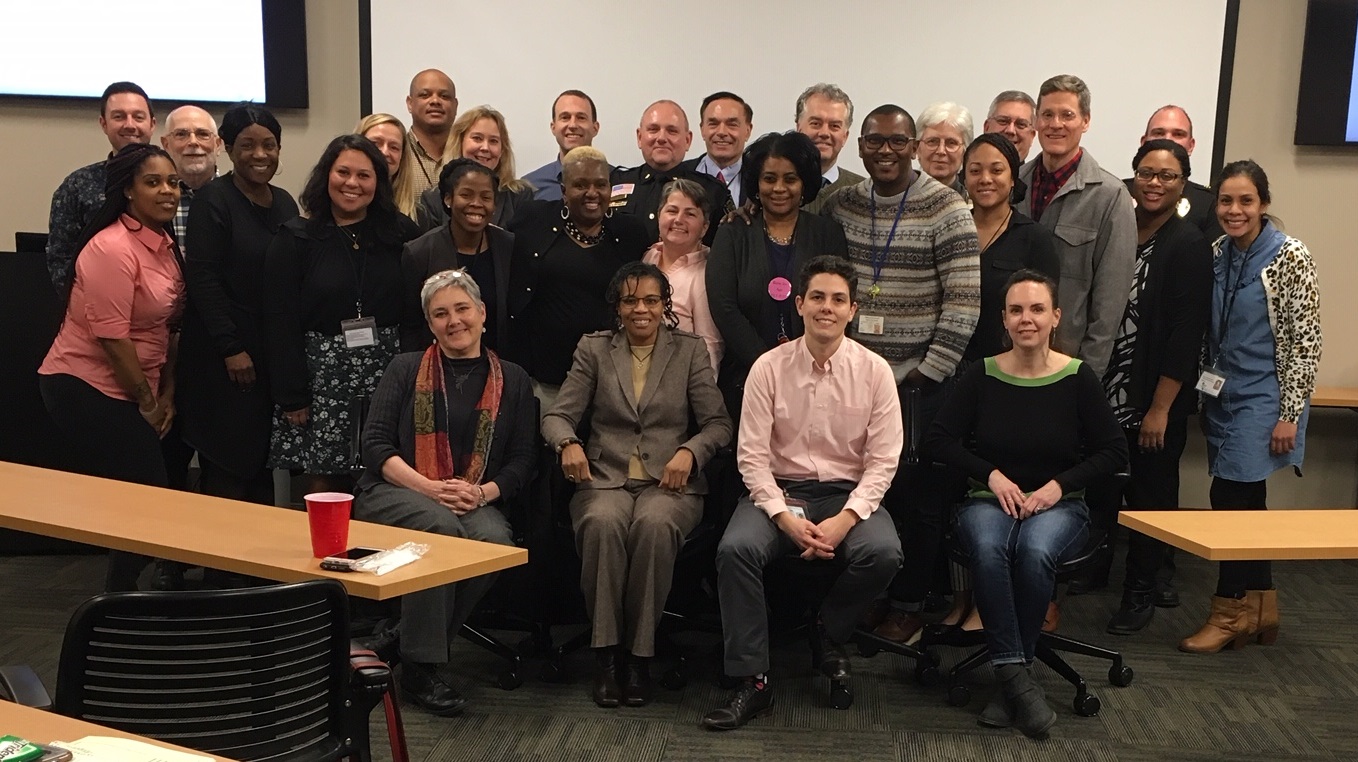This news item expired on Tuesday, March 17, 2020 so the information below could be outdated or incorrect.

In Buncombe County, African-Americans make up 21 percent of the jail population, despite making up 6.4 percent of the local population, according to the most recent analysis of the County’s Detention Center. In addition, African-Americans and Latinx have significantly higher lengths of stay as compared to Caucasians. In an effort to reduce racial disparity in the Buncombe County criminal justice system, the Justice Resource Advisory Council (JRAC) held a comprehensive training session aimed identifying systemic issues that lead to high rates of people of color who are incarcerated. The JRAC is comprised of District and Superior Court Judges, Clerk of Court, Magistrate, District Attorney, Public and Private Defense, Local Law Enforcement, Bureau of Identification, Pretrial Services, Community Corrections, Juvenile Justice, Behavioral Health Managed Care Organization, and representatives from the Office of the County Manager and Board of Commissioners.
The Racial Equity Institute’s (REI) Groundwater training was paid for with some of the $1.75 million MacArthur Foundation Safety and Justice Challenge grant that tasks recipients with setting goals for reducing the daily jail population and racial and ethnic disparities.
REI’s training focused on identifying inherent, key issues such as:
- Racial inequity looks the same across systems.
- Socioeconomic difference does not explain the racial inequity.
- Systems contribute significantly to disparities.
- The systems-level disparities cannot be explained by a few bad apples or ill-intentioned gatekeepers.
- Poor outcomes are concentrated in certain geographic communities; usually poor communities and communities of color.
“This training reiterated the fact that implicit bias, even though perceived as unintentional, is something we all need to be aware of so we change perceptions,” says Major Daryl Fisher, Buncombe County Sheriff’s Office. “The examples given in this training drove that point home for me.”
Next up, JRAC is formulating results-based goals of:
- Improving the criminal justice system’s understanding and commitment to achieving racial equity.
- Improving collaboration among systems that affect racial and ethnic disparities in our criminal justice system.
- Reducing racial and ethnic disparities in our local jail.
- Increasing access and referral opportunities for people of color into criminal justice diversionary and supportive programs offered in Buncombe County.
“Structural or systemic racism is deep and pervasive. It is so baked into our society and way of living that we don't know it exists until we learn to see it. Once it is seen, it can never be unseen,” notes training participant Kimberlee Archie, the City of Asheville’s Director of Equity and Inclusion. “The community must activate now that there is a higher level of knowledge.”
The JRAC has tasked the Safety and Justice Challenge Racial Equity Workgroup to create an action plan that delivers on the above goals. We will continue to post updates as progress is made on a Criminal Justice Racial Equity Action Plan.
